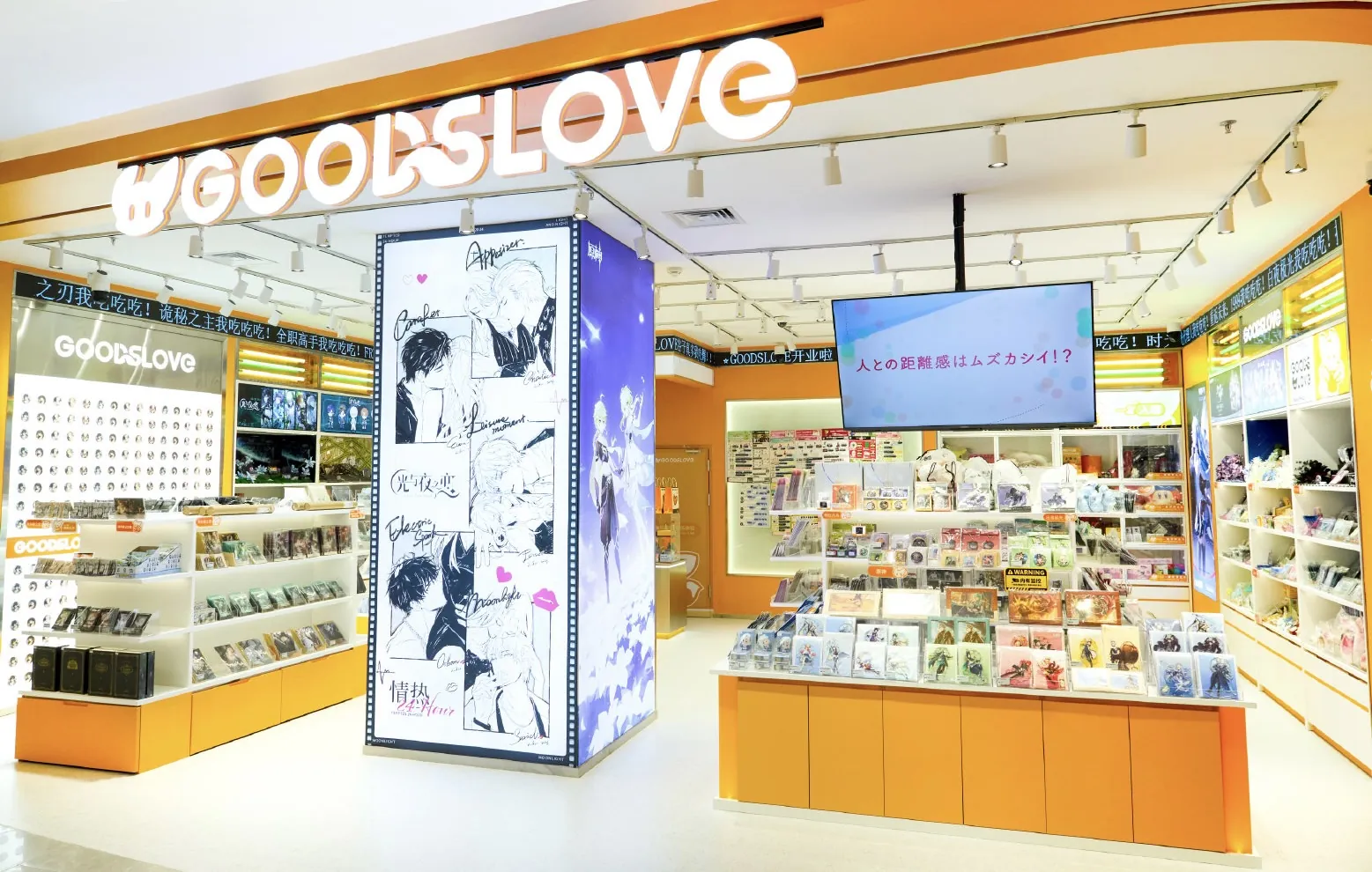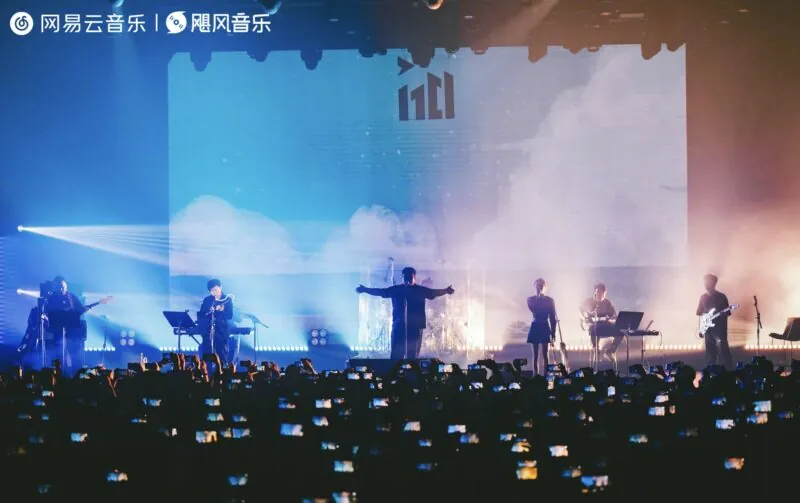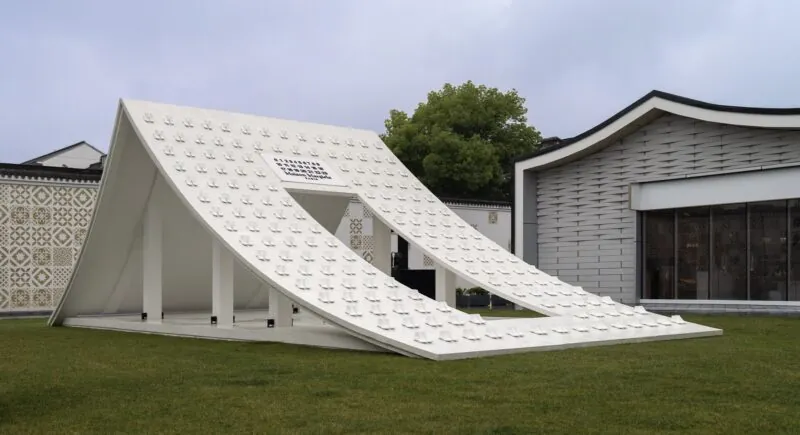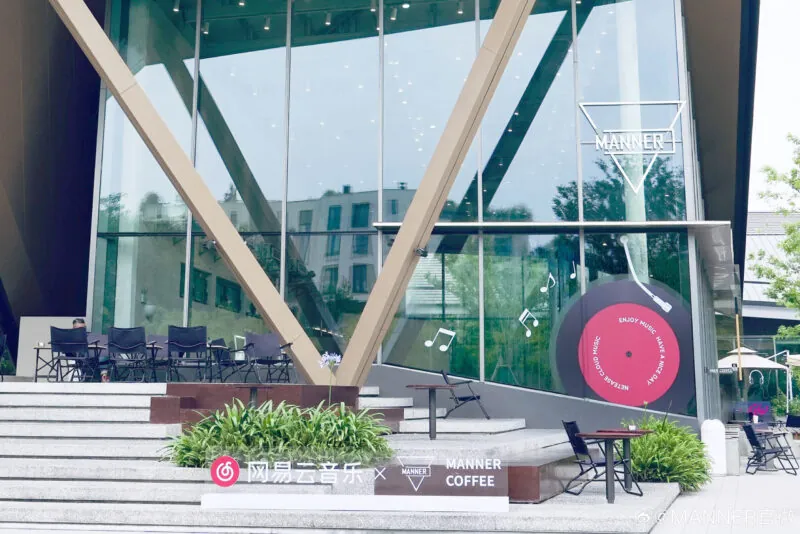Recently many pundits have observed that ACGN merch stores are taking over malls all across China. These are affectionately called “谷子店” (guzi dian, lit. grain shop). However, “guzi” is merely a transliteration of “goods”, which, in Japanese (“グッズ”) specifically means merchandise or IP merch.
Chains have been expanding quickly. Goodslove opened its first stores in cities like Shenyang, Wenzhou, Wuhan, Ningbo, Wuxi and Changzhou, mostly in malls favoured by younger cohorts. IPStar opened over 60 stores in 2023 and is planning to open 80-100 this year. IPStar is part of Aimon, which holds license to many classic Japanese and Chinese IPs such as Case Closed, JoJo’s Bizarre Adventure and Genshin. Although mostly in tier 1 and 2 cities, these chains are moving into lower-tier cities quickly.
ACGN means animation (anime), comics, games and (light) novels. They mostly specify Japanese or Japanese-influenced IPs and works, and are usually referred to as “erciyuan” (2-dimensional), as these tend to be in the form of 2D drawings. Goods usually mean figures, posters, pin badges, cutouts, coasters etc. IP pop-ups are also popular, including the MINISO x Chiikawa pop-up which sold 2.68 million RMB (368,998.75 USD) worth of goods in 10 hours in Shanghai and 10 million RMB (1.38 million USD) in 6 days in Beijing.
However, homogeneity plagues many of these “grain shops” as not all of them have licensing giants behind them like IPStar, which also hosts pop-ups in-store and alternate store themes regularly. Many fear that when saturation begins to show, there will be a wave of closures to follow. However, quitting their jobs in tier-1 cities and opening a goods shop remains the dream of many young people. In the hashtag “谷子店” (merch stores, lit. grain shops) on the lifestyle platform Xiaohongshu, many are sharing the experience of how they opened their dream shops. With economic headwinds and uncertainty of employment, entrepreneurship provides an alternative livelihood to many.









